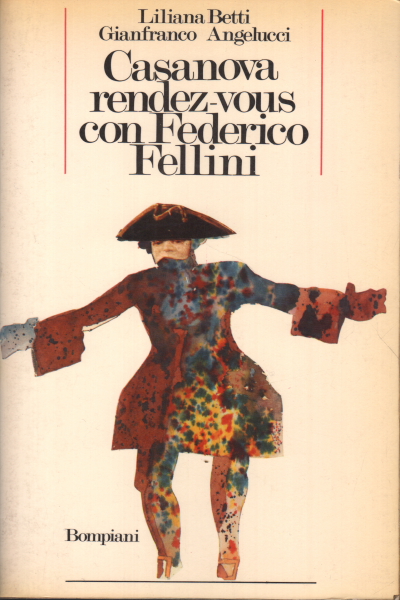
Synopsis:
Who would have thought that only moments after arriving at Rome for their honeymoon, the young and pure bride, Wanda, would sneak out of the room, leaving her fastidious groom, Ivan, all alone? Obsessed with the masculine Fernando Rivoli–the hero of her favourite romantic photo-novel, The White Sheik–Wanda plucks up the courage to meet him in person, only to be seduced by the arrogant protagonist, so far away from the hotel and her husband. As a result–perplexed by Wanda’s strange disappearance, and unable to disclose the news to his family–Ivan meanders through the ill-lit Roman streets in search of his wife, on pins and needles, waiting for their eleven o’clock appointment with his uncle and the Papal Audience at the Vatican. What does the new day have in store for the separated newlyweds?Read More »








